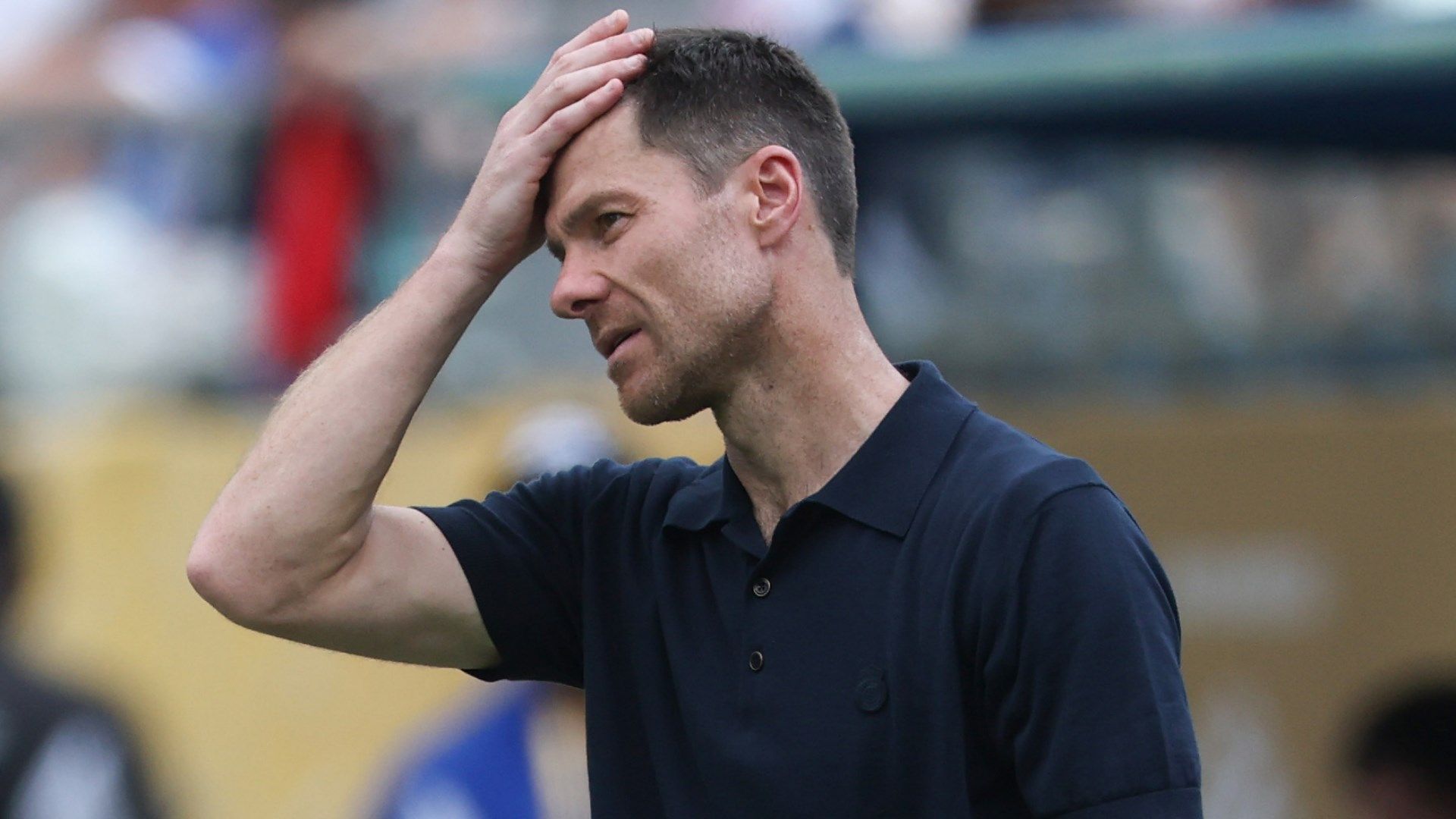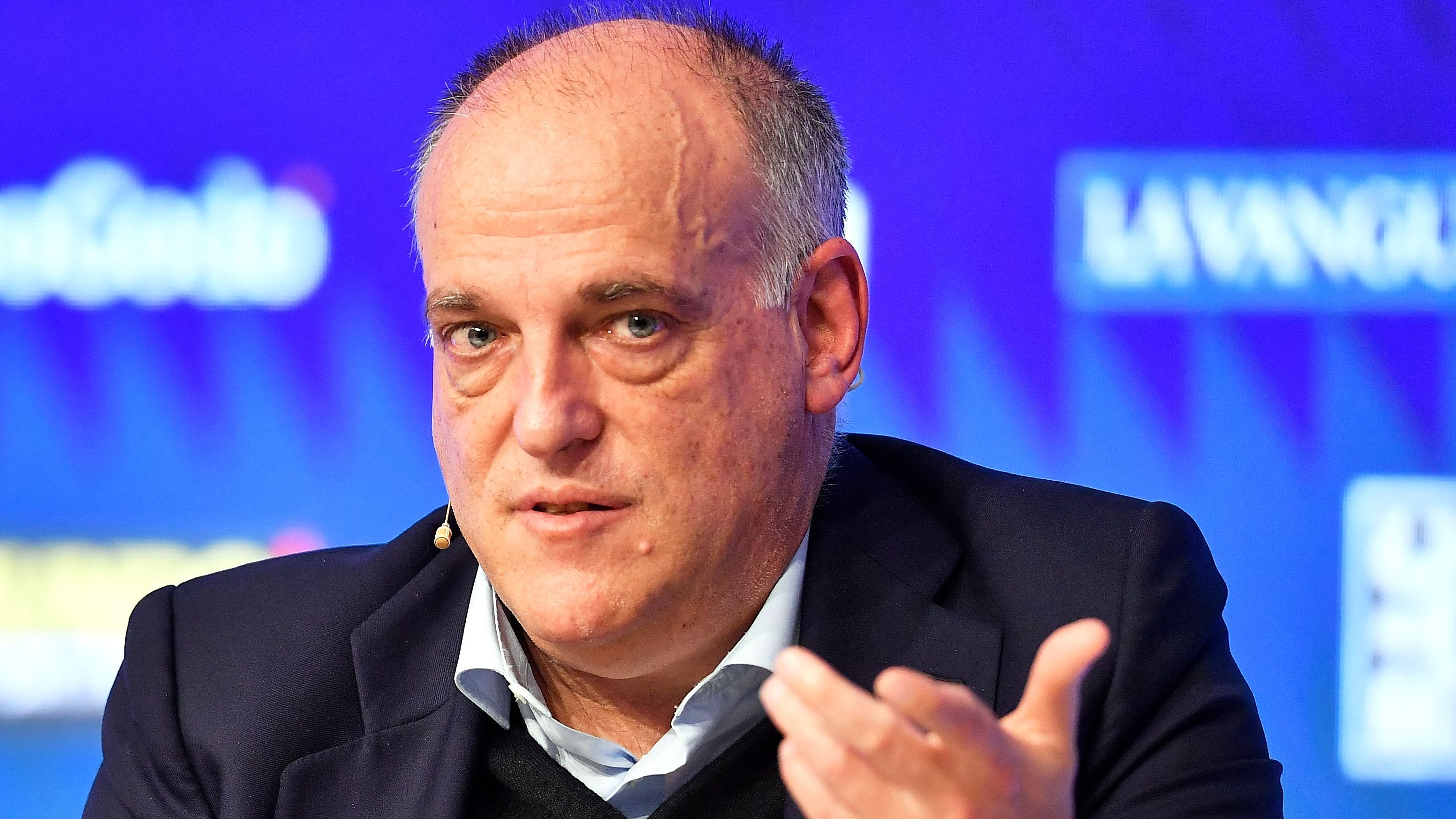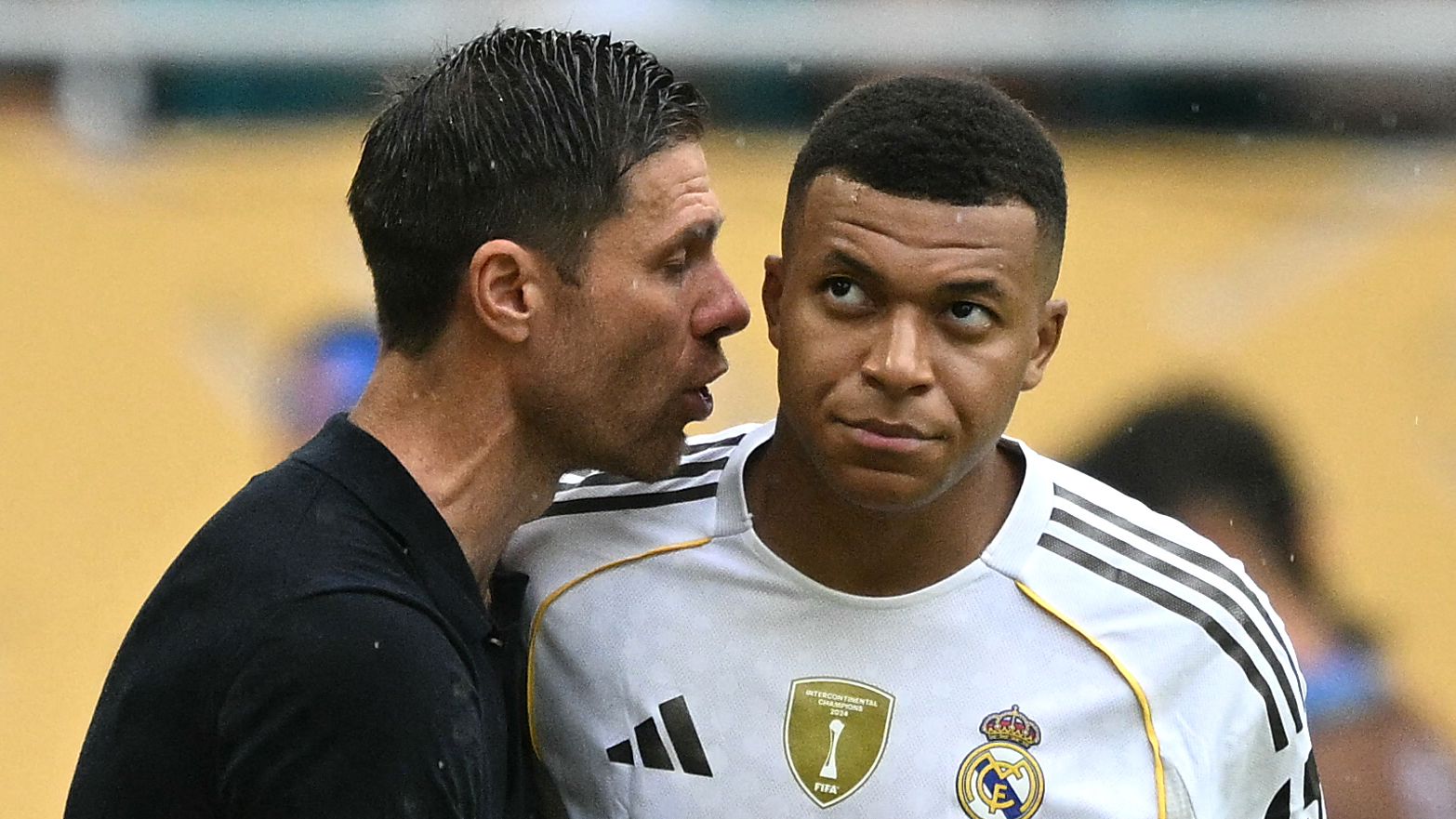La Liga Defends Its Schedule Amid Real Madrid’s Plea for Delay
In the world of football, Real Madrid and its manager are facing a substantial challenge from La Liga‘s leadership, as their bid for additional rest time has been turned down. This development underscores the ongoing tension between player welfare and league obligations, highlighting how top clubs navigate post-tournament fatigue.
- La Liga president Tebas affirms no postponement for Madrid’s season debut
- He draws comparisons to teams like Chelsea in the Premier League and PSG in Ligue 1
- The club submitted a formal request to shift the match for better recovery



La Liga’s Firm Stance on Real Madrid’s Opening Fixture
La Liga’s top official has outright rejected Real Madrid‘s effort to push back their first La Liga clash, leaving the team with limited options for recuperation following their international commitments. This rejection comes despite the club’s participation in advanced stages of a major global tournament, emphasizing the league’s commitment to its predefined timeline.
The Rejected Proposal and Its Context
Reports from Spanish outlets indicate that La Liga president Tebas dismissed any arrangement to alter the start of the 2025-26 campaign, even though various stakeholders, including the Association of Spanish Footballers and several clubs, believed an understanding was in place. Back in May, Real Madrid and Atletico Madrid, represented by captains such as Dani Carvajal and Koke, coordinated with La Liga, the Spanish football federation, and the players’ association to consider delaying openers for teams advancing far in the Club World Cup, primarily to safeguard athlete health. While Real Madrid battled through to the semi-finals, facing elimination against Paris Saint-Germain on July 9, Atletico exited earlier in the group phase, yet the policy shift didn’t materialize for either side.
Tebas’s Rationale and International Comparisons
In his remarks, Tebas pointed out that the affected teams would still receive nearly three weeks for recovery-specifically 20 days rather than 21-and stressed that other prominent leagues aren’t adjusting their calendars for similar scenarios. For instance, he referenced how the Premier League isn’t accommodating Chelsea, or Ligue 1 isn’t budging for PSG, arguing that a single day’s difference doesn’t justify disrupting the established schedule. This viewpoint reflects a broader emphasis on consistency across European football, where minor scheduling tweaks are weighed against the integrity of the competition.
What’s Next for Real Madrid Under Alonso’s Leadership
Preparing for the Osasuna Showdown
With the La Liga opener against Osasuna set to go ahead on August 19 as originally planned, Real Madrid‘s squad must quickly regroup from their recent setbacks. Following a decisive loss in the Club World Cup semi-final, coach Alonso is confronted with the task of rallying his players, including potential discussions with key attackers like Vinicius Jr. and Kylian Mbappe to align strategies for the upcoming season. Spanish sources also note that the club’s executives are prepared to endorse Alonso’s tactical choices fully, particularly if he needs to address any resistance from star players to his vision.
Implications for Player Management and Team Dynamics
This situation could serve as a pivotal moment for Real Madrid, forcing the team to adapt to tight turnaround times while maintaining competitive edge. By drawing parallels to how other elite clubs handle post-tournament transitions, Alonso might explore innovative recovery methods or squad rotations, ensuring that the denial of extra rest doesn’t derail their La Liga ambitions. Ultimately, this episode highlights the delicate balance between global fixtures and domestic leagues in modern football.
The Setback in La Liga for Real Madrid
Impact on Real Madrid’s Squad
Real Madrid’s preparations for their La Liga opener against Osasuna have been thrown into disarray following a significant setback that has rocked the team. This unexpected development has forced the club to reassess their strategies and lineup, potentially affecting their performance in one of the most competitive seasons in La Liga history. As fans eagerly anticipate the clash, questions loom about how this will influence the team’s dynamics on the pitch.
One of the primary issues stemming from this setback involves key player injuries and suspensions that have sidelined several star performers. For instance, reports indicate that defensive stalwarts like David Alaba and Eduardo Camavinga might be unavailable, which could weaken Real Madrid’s backline against Osasuna’s aggressive style. This is particularly concerning given La Liga’s high-stakes nature, where every match can set the tone for the entire campaign. The absence of these players not only disrupts the team’s defensive solidity but also puts additional pressure on emerging talents to step up.
- Injury Concerns: Several players have been dealing with fitness issues, with updates suggesting that midweek training sessions revealed new strains. This could mean Real Madrid enters the Osasuna game with a depleted roster, making it harder to maintain their trademark possession-based play.
- Tactical Adjustments: Coaches might need to pivot to alternative formations, such as a more counter-attacking approach, to compensate for the missing depth. This adaptability is crucial in La Liga, where teams like Osasuna often exploit any vulnerabilities.
- Fan Reactions: On social media, Real Madrid supporters have been vocal about the setback, sharing how it could impact the team’s La Liga title aspirations early in the season.
Xabi Alonso’s Role in the Turmoil
Xabi Alonso, the former Real Madrid midfielder turned manager, finds himself at the center of this La Liga drama as he guides his current team through their own challenges. Although Alonso isn’t directly managing Real Madrid, his legacy with the club adds an extra layer of intrigue to this setback. Having spent years as a pivotal player in Real Madrid’s midfield, Alonso’s insights into the team’s tactics could indirectly influence how they navigate this rough patch.
This situation highlights the broader implications for managers like Alonso in La Liga, where external factors such as player availability can derail even the best-laid plans. For Alonso, who has built a reputation for tactical brilliance-evident in his successful stints at clubs like Bayer Leverkusen-the Real Madrid setback serves as a reminder of the league’s unpredictability. Experts speculate that Alonso might even draw parallels from his own experiences to advise or analyze the situation, given his deep-rooted connection to La Liga football.
Analyzing the Osasuna Opener’s Stakes
Heading into the Osasuna opener, the setback for Real Madrid raises the stakes significantly, with potential ripple effects on the La Liga standings. Osasuna, known for their resilient and fast-paced gameplay, could capitalize on any weaknesses, turning this match into a defining moment for both teams. La Liga enthusiasts are buzzing about how this could shift the balance of power early in the season, especially with rivals like Barcelona and Atletico Madrid watching closely.
From a strategic perspective, Real Madrid’s coaching staff may need to focus on:
- Youth Integration: Bringing in younger players for key roles to fill the gaps, which could be a double-edged sword in the high-pressure environment of La Liga.
- Short-Term Fixes: Utilizing the transfer window for quick reinforcements, though this might not happen in time for the opener.
- Mental Preparation: Emphasizing team morale to overcome the setback, as psychological factors often play a big role in La Liga outcomes.
In the context of La Liga’s ongoing evolution, this incident underscores the importance of squad depth and injury management. Teams that handle such setbacks effectively often emerge stronger, as seen in past seasons with clubs bouncing back from early-season woes to clinch titles.
Long-Term Implications for La Liga Teams
Delving deeper, the broader La Liga landscape could see shifts due to Real Madrid’s challenges. For managers like Alonso, who are navigating their own paths in European football, this event highlights the need for robust contingency plans. La Liga’s demanding schedule means that setbacks like these can compound quickly, affecting not just one game but the entire season’s trajectory.
Key factors to watch include:
- Performance Metrics: Tracking player stats and team efficiency in the lead-up to matches, as metrics like possession percentage and defensive clearances could reveal how well Real Madrid adapts.
- Rival Opportunities: Other La Liga teams might gain momentum if Real Madrid struggles, creating more competitive fixtures throughout the season.
- Fan Engagement: With La Liga gaining global viewership, content around these events-such as live analyses and expert breakdowns-can keep audiences engaged and informed.
By addressing these elements, Real Madrid and figures like Xabi Alonso can turn potential downsides into opportunities for growth in the ever-competitive world of La Liga. The focus remains on resilience and strategic overhaul as the season progresses.









